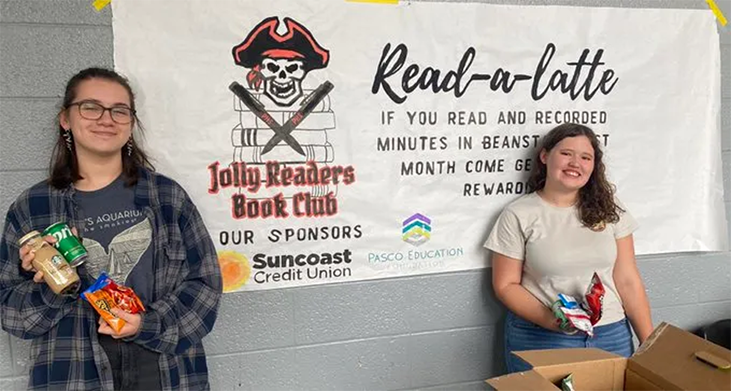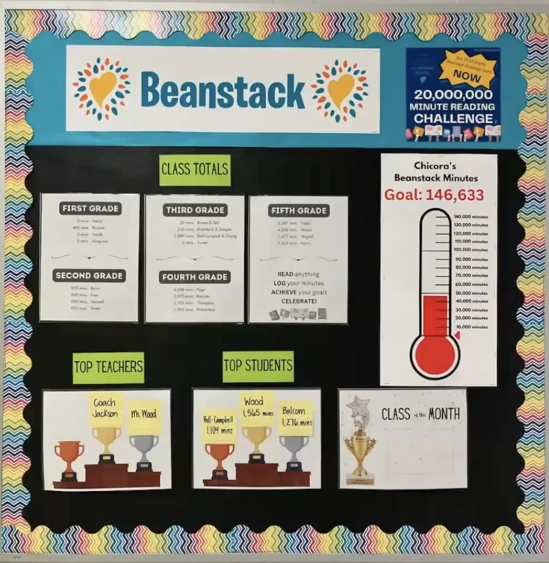By Felix Lloyd
Reading has always been an essential part of a young person’s education. Still, the idea that kids should love reading and that books should be necessary for their identity has lost urgency in the digital age. This shift is reflected in declining student outcomes and a decrease in young people reading for pleasure.
We know that reading positively impacts academic performance. It supports empathy, critical thinking, and even social connection. My take? The best way to inspire today’s youth to read is by building a culture that celebrates their book choices and makes reading as fun and engaging as the media they already love.

As a parent and former educator, I’ve seen it repeatedly: students who never considered themselves “readers” suddenly get hooked once they find the right story or format. When I was in the classroom, I distinctly remember a group of students who became avid readers after one of them read The Coldest Winter Ever by Sister Souljah. What was true then, and now, is that students need time and motivation to find books with which they connect. They also need encouragement that extends naturally from a culture of reading.
Creating a positive reading environment, or reading culture, starts with dedicating time to reading, whether through a 15-minute block in the morning, a quiet moment after recess, or a daily routine at home. And then there’s choice. If we want students to build reading stamina, they need some control over what and how they read. That means embracing graphic novels, listening to audiobooks, or—in my case, with The Coldest Winter Ever—offering books that would not otherwise be selected for school reading. The more ownership students have, the more likely they are to keep reading.
Just as important is making reading visible and valued. When teachers discuss what they’re reading, display student book reviews in the hallway, or let kids recommend titles to one another, they create a culture where books matter. It sends a powerful message when students see their peers recognized for reading.
Some schools spark motivation through friendly reading competitions, whether by tracking minutes, pages, or books read. These challenges turn reading into a shared goal and a celebration of progress, not pressure. When students see their efforts add up and contribute to a team win or personal best, it builds pride and confidence, and allows them to see reading as a meaningful part of who they are.

In a world where social connection is more important than ever, helping students build strong reading habits is one of the most lasting, impactful things we can do. It just takes a little structure, a lot of encouragement, and a belief that every child can grow into a lifelong reader.
You have the power and resources to shape that journey. By making reading a daily practice and a celebrated part of school culture, we can help more students turn the page on what’s possible for their learning and lives.
Felix Lloyd, a former Washington, DC, Teacher of the Year and Dean of Students at SEED Public Charter School, co-founded Beanstack and secured an investment from Mark Cuban on ABC’s Shark Tank in 2014.

